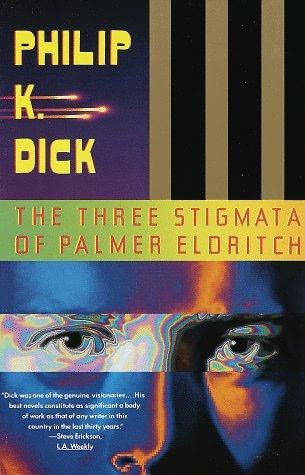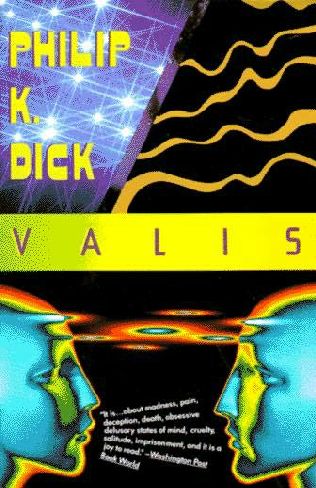When my mom and little brother came back from the state meet in July, they brought back with them a cute read from the Miami bookstore called My Name is Will, which they thought I would enjoy, as it had a lot to do with Shakespeare.
The book itself was funny and a good story. Essentially the book is a story about a boy named Willie/Will who is a UCSC college student who, instead of completing his master's thesis in the past two years, has instead gotten stoned and hooked up with all different sorts of girls. In short, a college degenerate.
Things start to take an interesting turn, however, after he finds the biggest "shroom" of his life when "cow-tripping"- essentially looking for mushrooms to get you high that grow off cow-manure. When his drug-dealing friend gets busted, it falls to him to deliver the drugs to the Renaissance Faire a ways up the California coast. The various misadventures he encounters on the way include no less than getting arrested, having a threesome with one girl he's never met and his Teacher's Assistant, and ruining a comedic production of Romeo and Juliet. Mingled in with all this, every other chapter is devoted to the real Will Shakespeare and his own life as a womanizer. The book reaches a climax when their two lives coincide, and both are changed forever.
The recommendation is a little harder here than for most of my reads. I really enjoyed this book because of the tons of Shakespeare quotes and Latin. I know that that isn't necessarily an enhancing factor for most people, so that's to consider. Also, the book has many, many references to drugs, and steamy sex scenes that rival hardcore romance novels. So, definitely not for small children (watch out for Henry), but for any other teenagers and adults, you could read a bit into it and then stop if you don't like it. Barring those things, the book is actually a really great read and has some interesting points to consider at the end, especially for teenage males.








